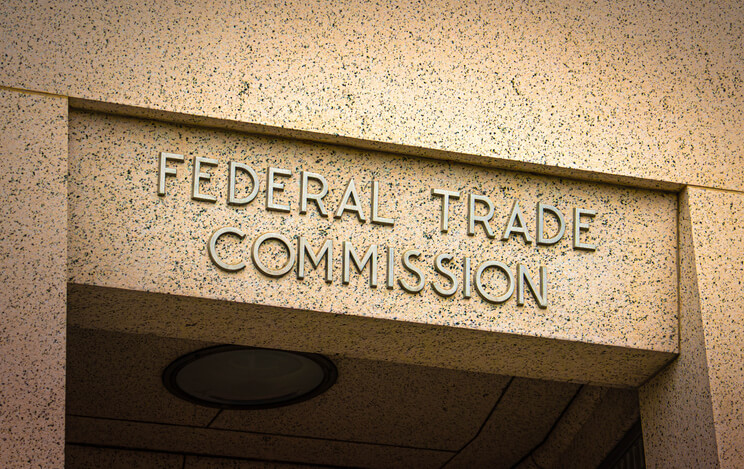In April 2024, the Federal Trade Commission (FTC) announced a new rule that broadly bans noncompete agreements in employment contracts across the United States. The rule not only prohibits the enforcement of new noncompete agreements but also requires employers to rescind most existing agreements and inform affected employees of the change.
A noncompete agreement between an employer and an employee is a contract that restricts the employee from engaging in similar employment or business within a certain geographic area and for a specific period after leaving the company. These agreements are designed to protect the employer’s legitimate business interests, such as trade secrets, proprietary information, and customer relationships.
Florida, which has traditionally upheld the enforceability of noncompete agreements under certain conditions, faces a notable impact from this federal rule. Under Florida law, a noncompete agreement must be reasonable in scope, duration, and geographic area to be enforceable. Noncompetes can only protect legitimate business interests, including trade secrets, valuable confidential business information, substantial relationships with specific prospective or existing customers and specialized training.
The new FTC rule, however, introduces a significant limitation to the enforceability of noncompetes in Florida. While the rule broadly invalidates noncompete agreements, there is specific leeway for existing noncompetes with senior executives. The rule permits existing noncompete agreements to remain in force for senior executives who earn over $151,164 annually and hold policy-making positions. Despite this exception, any new noncompete agreements, even for these high-ranking executives, are strictly prohibited under the new FTC rule. This exception acknowledges the unique and high-stakes nature of senior executive roles, while the prohibition of new noncompetes reflects the FTC’s commitment to preventing restrictions on worker mobility.
Moreover, the FTC rule mandates that employers must notify all employees whose noncompete agreements are rendered unenforceable by the new regulation. This requirement ensures that employees are fully aware of their newfound rights and the invalidation of previously agreed-upon restrictions.
The FTC’s rule banning noncompete agreements presents a paradigm shift in employment law, markedly affecting the enforceability of these agreements across the country. For Florida employers, the implications are clear. Existing noncompetes with senior executives can remain valid, but the drafting and enforcement of new noncompete agreements are no longer permissible. This shift necessitates a reevaluation of how Florida businesses protect their interests and adapt to a landscape where noncompete clauses are significantly restricted.
However, Florida employers can continue to protect their legitimate business interests through alternative forms of restrictive covenants, such as nondisclosure agreements (NDAs) and non-solicitation agreements. NDAs protect confidential information, while non-solicitation agreements prevent former employees from soliciting customers or employees. An experienced Florida business attorney can assist in developing restrictive covenants tailored to your particular needs.
H. Clay Parker, Esq. advises Central Florida clients on the formation, review and enforcement of noncompete agreements. Please call 407-216-2504 or contact us online to schedule an appointment at our Orlando office.


